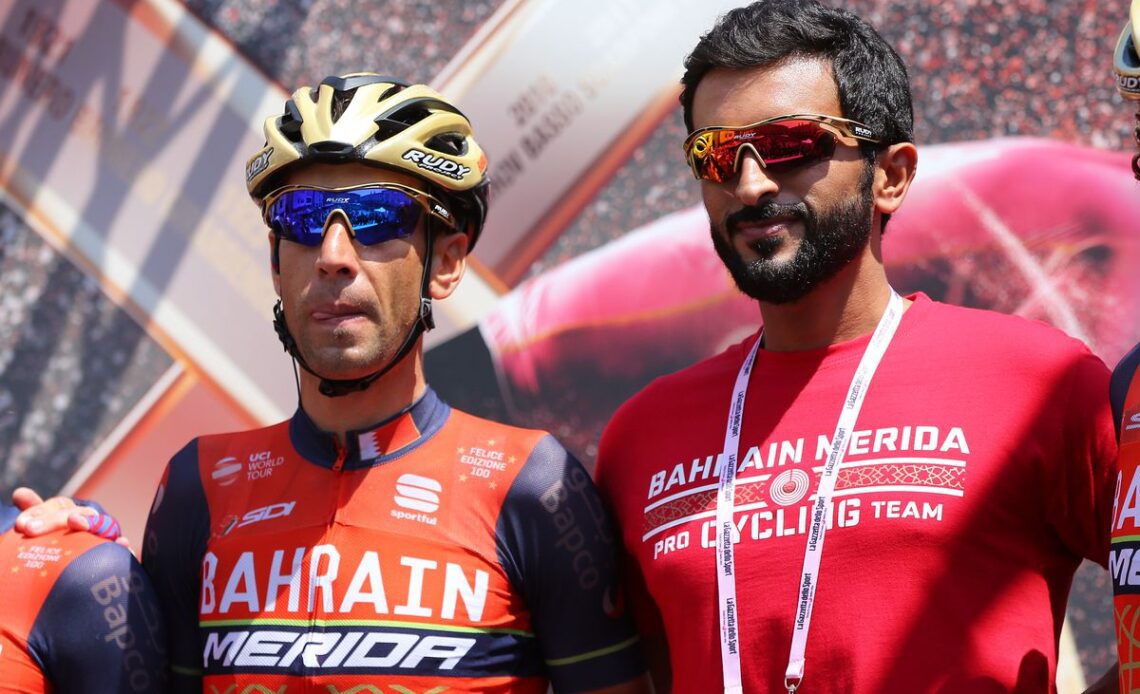[the_ad id="5357"]
[ad_1]
The Middle East’s other well-heeled, reasonably successful cycling Tour team saw its world turned inside out on March 21 last year when its leader, Italian classics ace Sonny Colbrelli, collapsed briefly into a cardiac arrest following a stage sprint at the Volta a Catalunya. Colbrelli survived and recovered just fine — a familiar theme now to NFL fans who just experienced an eerily similar event — and the team rallied to have another fine year. But with Colbrelli forced to retire and transitioning to a director’s role, the 2023 squad will have to dig deep to keep up with the ever-rising tide of competition.
But before we go into all that, permit me a little sidebar…
1. Do we need Italian teams in the World Tour?
I started planning a discussion around the lack of officially-Italian teams in the World Tour while I was writing the UAE post the other day, but for some reason (mainly UAE having too many other subjects worth covering) I figured, nah, I’ll save that for the Bahrain-Victorious discussion.
Is that weird? Yes and no. Maybe it’s only in my head that Bahrain-Victorious are in some way the substitute for one of Italy’s two recent teams, Lampre and Liquigas. In the literal sense, they aren’t; Lampre’s license was supposed to go to a Chinese group who then fell out when its leader got sick, only for the UAE government to jump in. Liquigas’ license went away when the last iteration, Cannondale, merged with Slipstream/Garmin/EF Education. Lampre’s bike sponsor Merida and GM Bret Copeland did show up a couple years later in Bahrain to start this team. And their original leader was former Liquigas superstar Vincenzo Nibali. That’s about it, and maybe I should really have done this Thursday. But here we are.
The change in cycling sponsorship from Italian goods manufacturers to Arab state governments is jarring from a traditionalist’s point of view. Forty years ago when I was buying two-month-old Italian cycling magazines in Harvard Square for a peek at my theoretical heroes (or at least a chance to learn who they were and what they rode), the influence of Arab state governments was approaching if not literally nil. Places like Bahrain, UAE, even Saudi Arabia had no role in producing athletes, races,…
Click Here to Read the Full Original Article at Podium Cafe – All Posts…
[ad_2]

